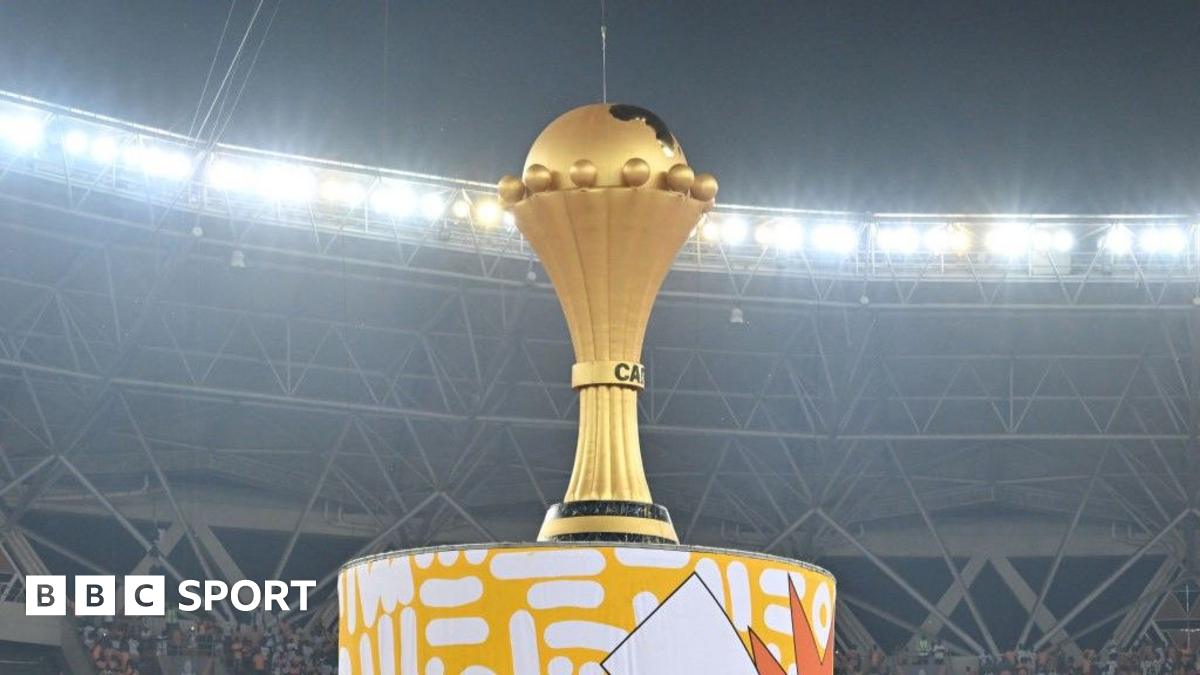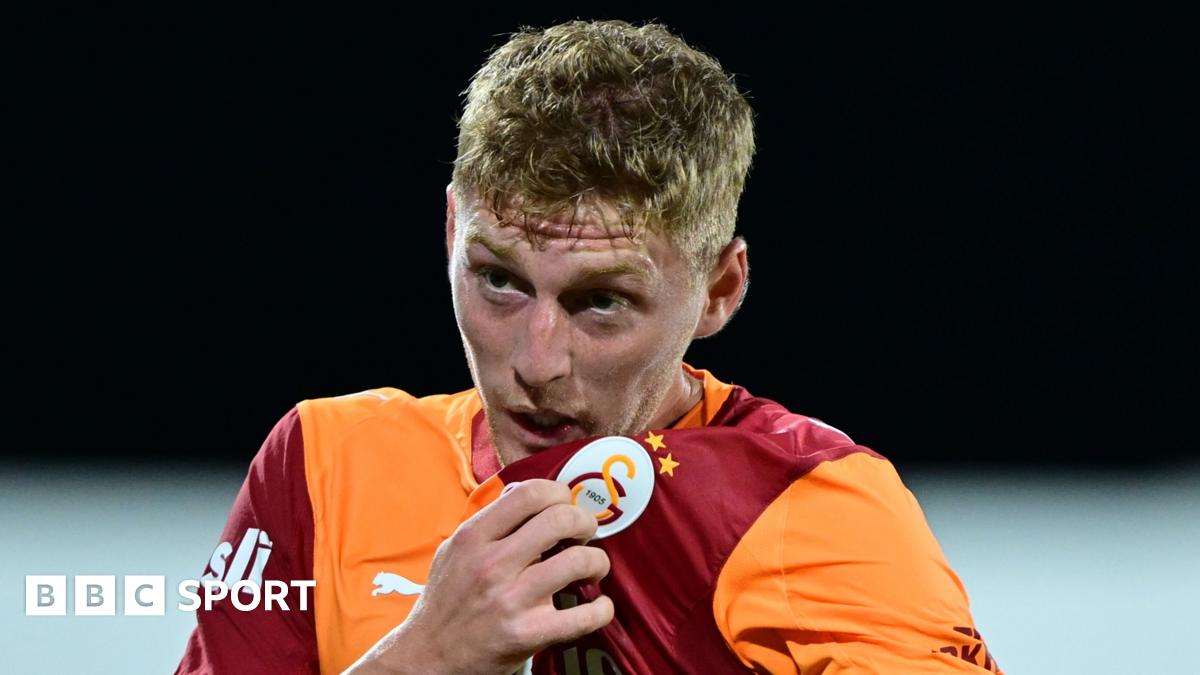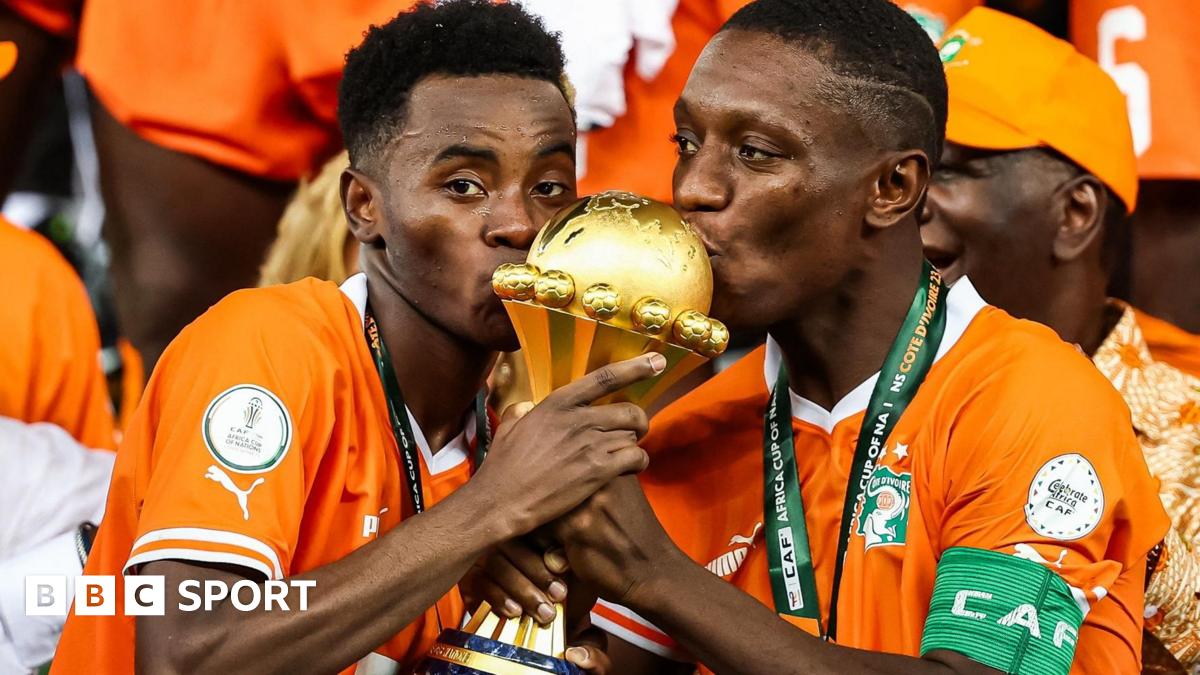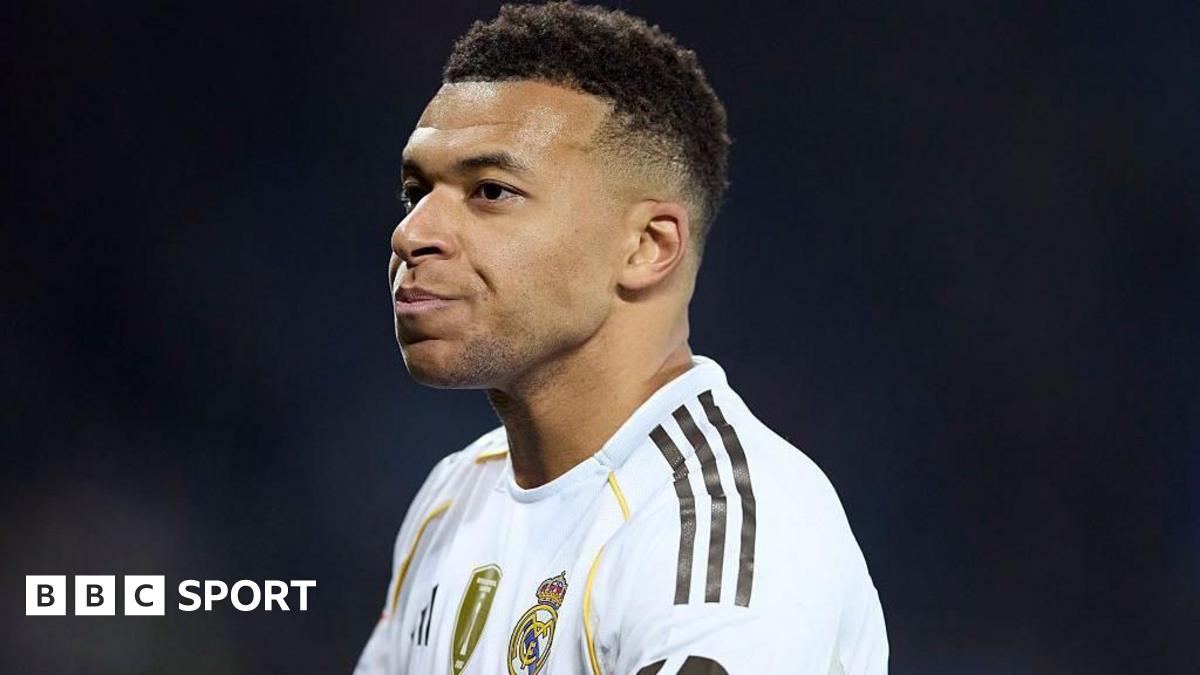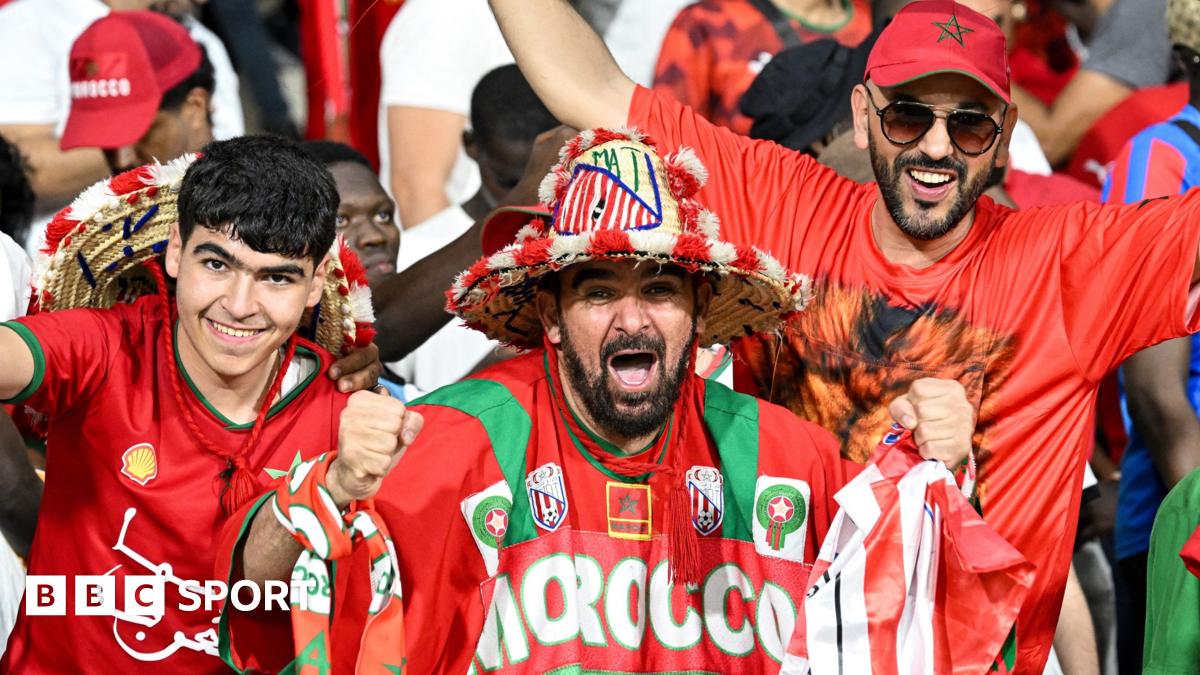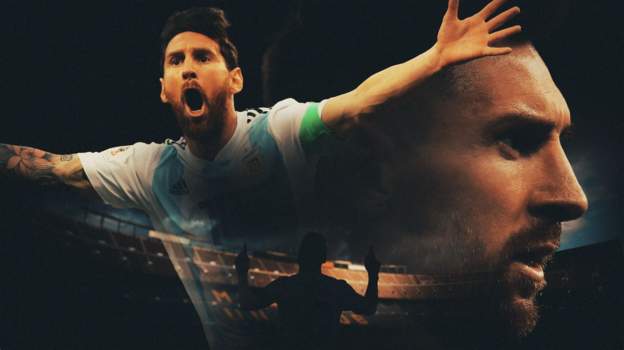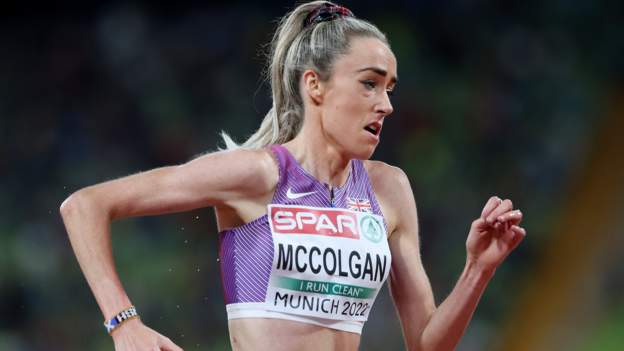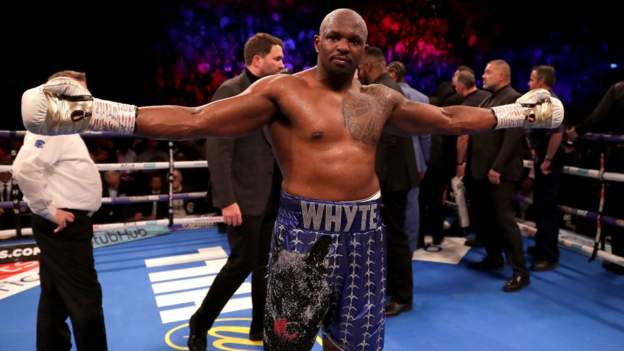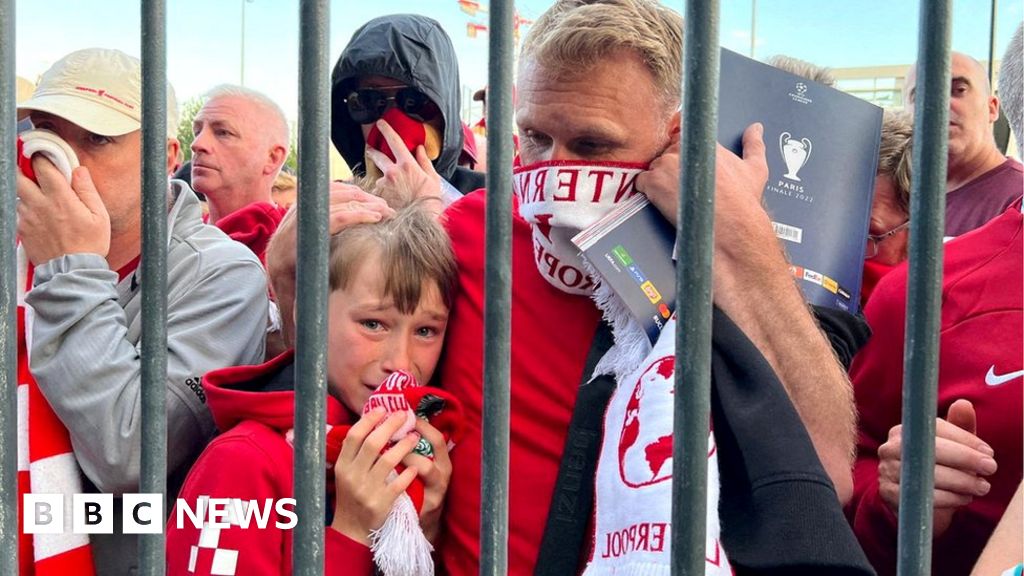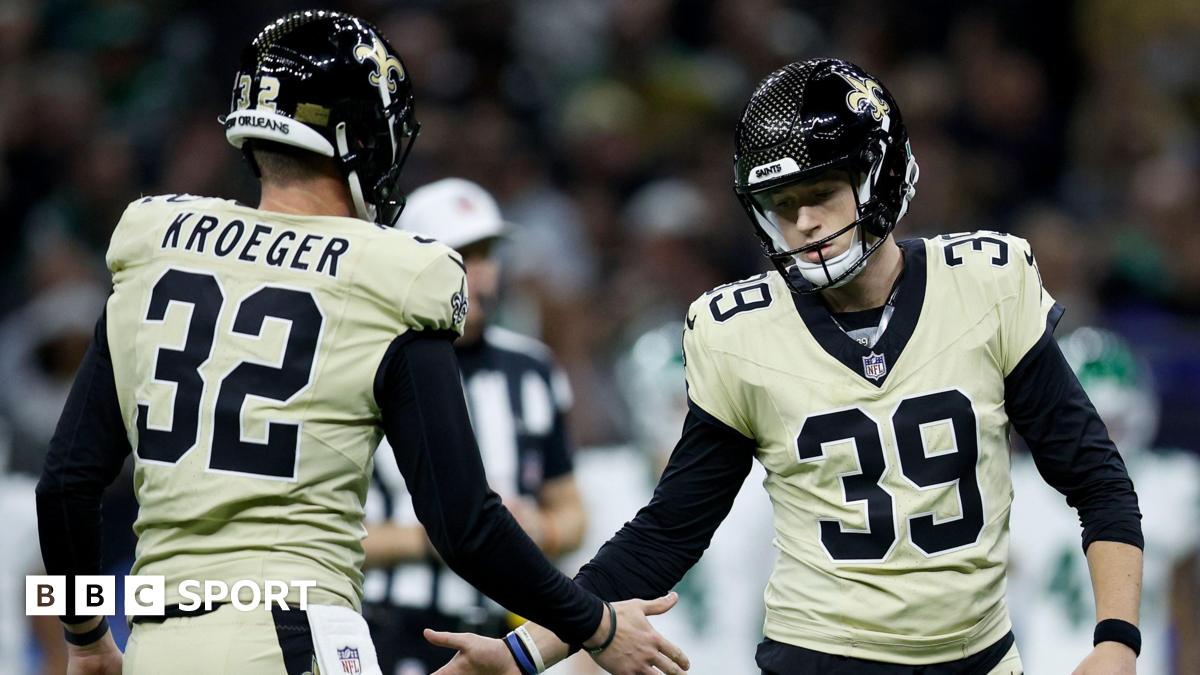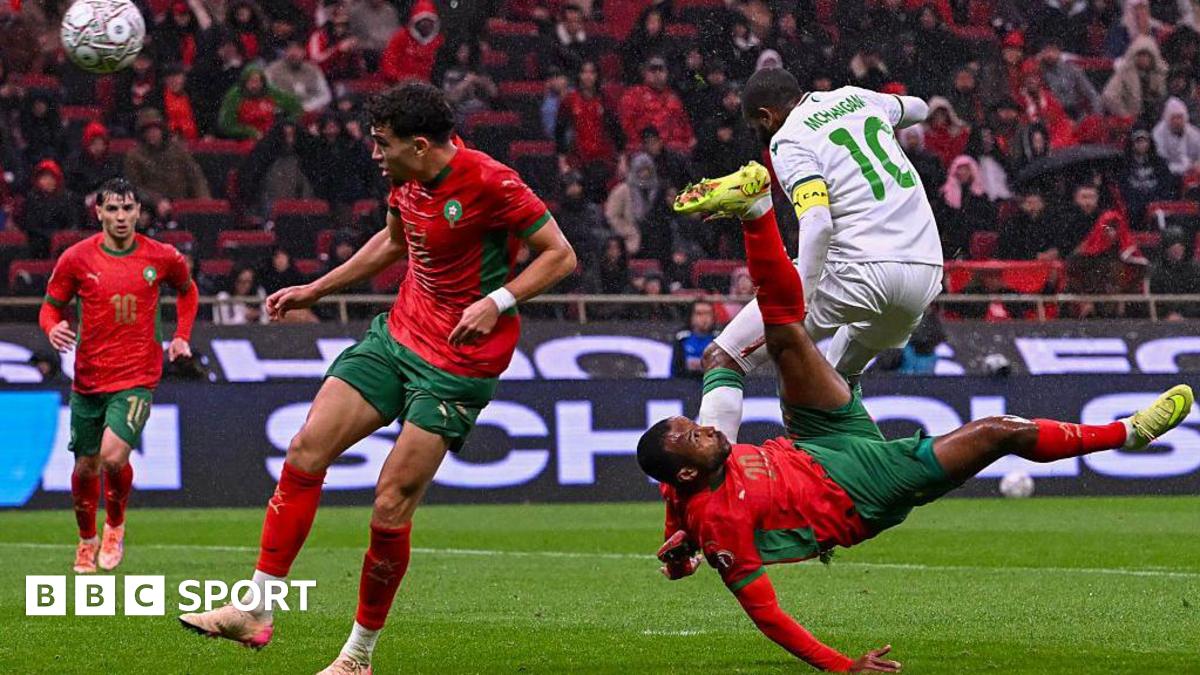| Watch Messi: The Enigma on BBC iPlayer from Saturday, 22 October. |
Lionel Messi is arguably the best player to ever lace up a pair of football boots.
At 35, the Argentina forward has won almost every accolade in the game. He has won the Ballon d’Or – awarded to the world’s best player – a record seven times and also won the Fifa Best Men’s Player award once.
Other honours include four Champions League triumphs, 11 top-flight titles and Copa America glory in 2021. The World Cup is the only glaring omission.
And, yet, in some ways, we know very little about this diminutive, retiring character.
In a comprehensive new one-hour film for the BBC, a host of his former team-mates and players who have faced him, as well as journalists who have covered him, delve deep into the enigma that is Messi.
Here are just a few takeaways.
He impressed on his first day at La Masia
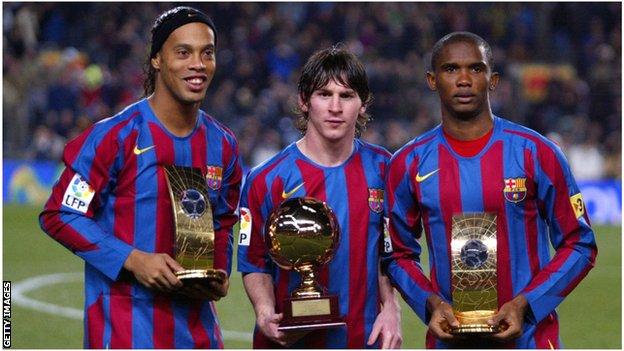
Messi joined Barcelona’s academy, La Masia, when he was 13. This was the footballing school of excellence that produced players like Xavi, Andres Iniesta, Gerard Pique and Cesc Fabregas.
Former Barcelona, Arsenal and Chelsea midfielder Fabregas says his first impression of young Messi was that “he was a very small kid, didn’t speak, he was very shy”.
This shyness is a recurring theme, with Guardian journalist Jonathan Wilson claiming that Messi used to change in the hallway at La Masia rather than having to enter the changing rooms.
Fabregas goes on to detail how this unassuming lad surprised everyone in training.
“The first training session we had with Leo, I was playing a bit more of a defensive midfielder and we were doing this one-against-one exercise,” he says. “In my head, I’m thinking that I’m going to get the ball easy from him, because I like to go on the floor and I like to tackle, but then I was seeing that the speed was not normal. I was already shocked, because I remember falling on the floor. I lost ability and he scored.”
Fabregas says, from that moment, he realised “we need to take this boy seriously”.
Before leaving the club in 2021, Messi helped Barcelona win 10 La Liga titles, four Champions League trophies, seven Copas del Rey and eight Spanish super cups.
Messi’s family had to split for him to stay in Barcelona
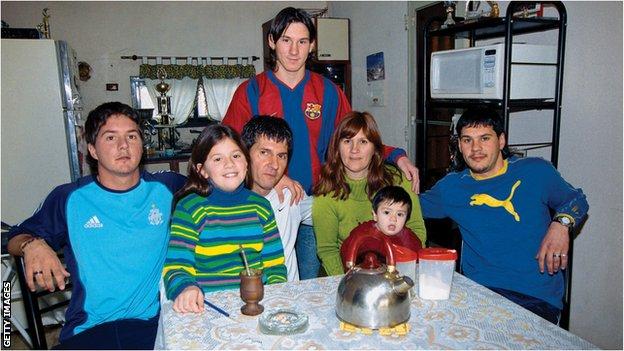
Messi’s move to Barcelona meant huge upheaval for his family.
Journalist Guillem Balague, who has written a biography of Messi, details how difficult choices had to be made. As he describes, six months after arriving in Barcelona, Messi’s parents called a family meeting. His sister, Maria, had not adapted well and his brother, Matias, had a girlfriend back in Rosario.
“It was a time to decide, ‘do we stay in Barcelona or do we go back to Rosario?’,” says Balague. “They sat around the table and asked, ‘Leo, what do you want to do?’ Leo said, ‘I want to succeed. I want to be at Barcelona, I want to be a professional player’.”
Balague explains that what Messi hadn’t been told was the consequences of this – his mum would take his sister and two brothers back to Rosario while his dad would stay with him.
“Often, he would go into his room and put his head under his pillow and cry,” says Balague. “He did that so his dad didn’t hear him. Aged 14 to 15, he realised that, because of his decision, he couldn’t get it wrong.”
Messi and Barca team-mates ‘took Man Utd’s soul’
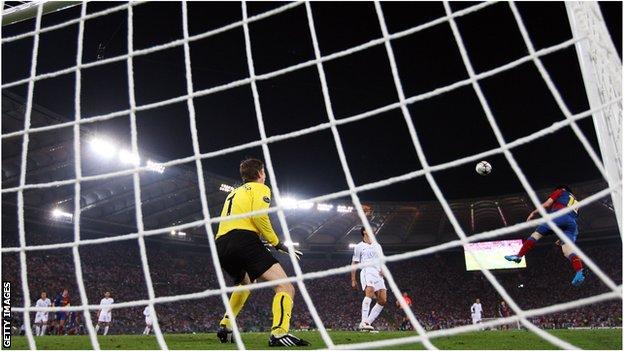
Rio Ferdinand had the misfortune to come up against Lionel Messi and the rest of Pep Guardiola’s swashbuckling Barcelona team in a Champions League final not just once, but twice. Manchester United faced the Catalans in 2009 and then again in 2011 – losing on both occasions.
In 2009, Barcelona won 2-0 with Messi scoring a brilliant header for their second. Ferdinand had missed the looping cross from Xavi.
“When Messi scores the header, everyone’s like, ‘the size of you, compared to the size of him’,” says Ferdinand. “He hasn’t scored many of them in his career, but he’s done it at the big moment.”
Messi also scored and was man of the match in the 2011 final, which Barcelona won 3-1.
“Messi was just like, no eye contact, nothing, just separated himself, played away from you and then, all of a sudden, he’d turn up, ‘bang’,” describes Ferdinand. “They took our souls that night.”
He is very different to Maradona
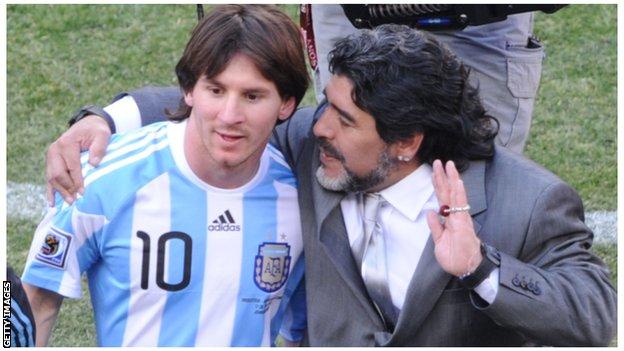
Throughout his career, Messi has, for better or worse, invited comparisons with another Argentine great: Diego Maradona.
The film explores how Messi has struggled to carry the burden of this comparison. Maradona became immortal when he won the World Cup in 1986. Messi appeared in the 2014 World Cup final and has played in four Copa America finals but had not won a major trophy for his country until the 2021 Copa America victory.
Despite similarities in their styles of play, Guardian journalist Marcela Mora y Araujo outlines the temperamental differences between Messi and Maradona.
He says: “Maradona thrived on conflict. I think Messi is evolutionarily more advanced and, rather than thriving on conflict, he thrives on co-operation. Messi needs to be part of a well-oiled, harmonious organisation.”
Rivalry with Cristiano Ronaldo is real
The other player that Messi is, of course, constantly compared with is Cristiano Ronaldo. Between them, they’ve shared most of football’s big honours for more than a decade.
Messi has seven Ballon d’Or awards to Ronaldo’s five and four Champions league trophies to Ronaldo’s five.
But is this rivalry one that is inflated by pundits, journalists and fans? Messi’s former team-mate Xavi believes it’s very real.
“Cristiano gave him an extra push to become a better player,” he says, adding: “Cristiano and Leo probably won’t admit it. I am convinced they used to keep an eye on each other. If you’re competitive, you want to be the best.”



